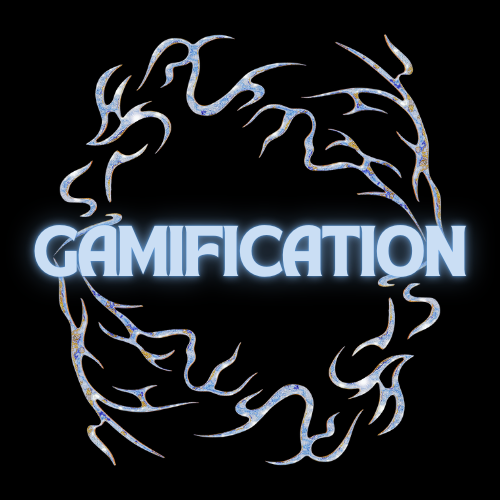Character Notes, Alignments and Descriptors
Share
(Warning. I ramble.)
Okay, imagine a gaming group. They have just finished up a campaign of John Harper’s excellent game Blades in the Dark. They played a ruthless gang of thieves and cutthroats who slowly carved out a criminal empire on the crowded streets of a haunted Victorian era steampunk city. They made connections. They made backroom deals. They made promises and even sometimes kept them. They made enemies and defeated them. The PCs ended the game deeply traumatized but ultimately on top.
After the game ends, the players get together to discuss the future.
“I loved building the criminal empire, but I’d love to get back to D&D,” says one player. The others nod in agreement. Like many gamers, they came from D&D and are always happy to get back there.
“Yeah, me too,” adds a second player. “Let’s set it in Baldur’s Gate. That’s one of the grittier settings. We can clash with the thieves’ guilds and stuff.
The guy who ran Blades steps up and decides to DM. A couple of weeks later, he has enough of a setting and background to build on, and the players have made their characters. Play begins.
Hours later, the players are sitting, wondering what happened. From the beginning, things were different. They started in the tavern, which was burned down within 10 minutes. The fighter changed his character’s name to Kill Man, and announced he could only communicate through shrieking and stabbing. Two of the PCs got into a puppy-eating contest, and in the end the whole party died at each others’ hands, except for one, who, left with 2 hp, was cut down by the one town guard they hadn’t murdered yet.
The group sits in silence, until one finally speaks, “Why was our game….dumb?”
Eventually, they shrug and on with their lives, never finding out the answer.
Don’t worry. I’ll tell you the answer. The answer is that they all had the word “Evil” written on their character sheets.
It’s called a “character note” Not everyone is a skilled actor or writer. They tend to play their characters as themselves, or simple caricatures. Having a word or two on the character sheet is useful for reminding people of how the character is different from you. This can be useful. But it can also trip you up.
You see, you can’t sit and enjoy an ale at the tavern. You have to do it “evilly” You have to backstab other players, and make the barmaid uncomfortable.
“Now,” you argue, “this isn’t the case, I have seen alignments portrayed well.” I’m sure you have. But some people feel like they are roleplaying badly, if they wrote “evil” on their sheet and then ignore it.
DM: You see a puppy.
Good: I feed the puppy.
Neutral: I ignore the puppy.
Evil: I eat the puppy.
Want a good example of a system that does alignments well? The Cypher System by Monte Cook games. I know, if you know the Cypher System, you will know that the Cypher System has no alignment system, and are thinking “You foolish fool! The Cypher System has no alignment system!” or perhaps you are thinking, “How clever! You have chosen a system with no alignments so you have say that the best systems don’t use alignments!”
My response to those are “Yes” and “No.” It doesn’t have alignments. It does have Descriptors. You see, in the Cypher System, characters are created by building a sentence consisting of My character is an (Adjective) (Noun) who (Verb). Or (Descriptor) (Type) who (Focus). The Type is a basic broad character class, like Explorer or Warrior. Focus is a sort of subclass that makes your Type more specific, like your Warrior could Master Weaponry of Fight with Panache.
The Descriptor is the interesting one. It adds some minor bonuses and occasional penalties to your stats that almost disappear in importance when your character starts getting more powerful. But in my mind, that’s not its importance. It’s a character note. Like alignment. But instead of being cartoonlishly moralistic, like Evil, it tends to be more specific. Sometimes, it’s a physical thing, like Strong or Tough. But often it’s a personality trait, like Brash, or Honorable. And even physical Descriptors will affect how players approach problems. A Strong player will do things differently than a Stealthy one, even if the stats of both characters are similar.
Anyway, was there a point to this post? Not really. Maybe that Alignments are best used by good roleplayers, who really don’t need alignment rules to begin with. Or that maybe the Cypher System came up with an interesting idea that probably wasn’t intended to be like alignment but actually acts like it in a cool way.
Food for thought, I guess.
